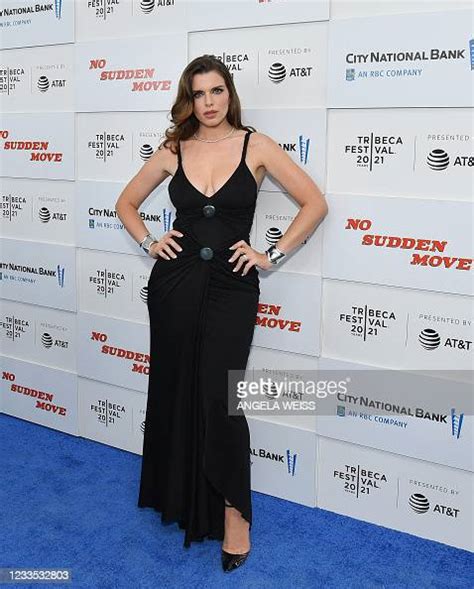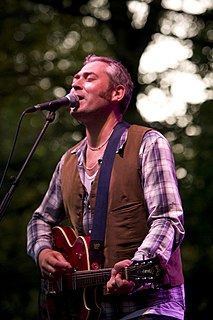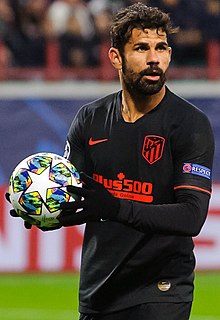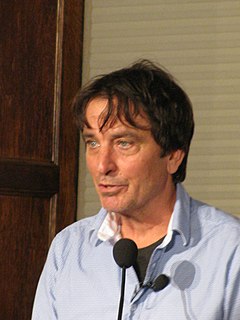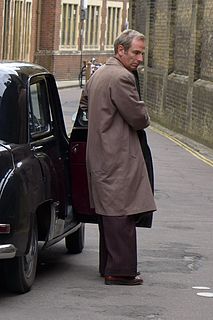A Quote by Simon Pegg
The revolution of video had a massive affect. We grew up in a time where suddenly you could own films. Before, they had a theatrical run, and then perhaps they'd come back, or you'd catch them in a retro cinema.
Related Quotes
I'm still exploring. As I look back, Nénette Et Boni had a massive effect on the album we made after it, Curtains. I think it's been like that all the way through. Trouble Every Day had a massive effect on Can Our Love... I think it's allowed us to raise our heads, take a bit of a left turn, explore different avenues, and then come back to our own thing and see it in a different way.
I had no money. I had no savings account.So I would bring down my color TV set, a Sears TV with a cable snaked into it - they had no video-in back in those days - and hooked it up to the circuit of very few chips and then a little keyboard you could type on. And I was trying to impress people with how did he do it with fewer chips than anyone could ever imagine?
I think what I loved in cinema - and what I mean by cinema is not just films, but proper, classical cinema - are the extraordinary moments that can occur on screen. At the same time, I do feel that cinema and theater feed each other. I feel like you can do close-up on stage and you can do something very bold and highly characterized - and, dare I say, theatrical - on camera. I think the cameras and the viewpoints shift depending on the intensity and integrity of your intention and focus on that.
Peter was not with them for the moment, and they felt rather lonely up there by themselves. He could go so much faster than they that he would suddenly shoot out of sight, to have some adventure in which they had no share. He would come down laughing over something fearfully funny he had been saying to a star, but he had already forgotten what it was, or he would come up with mermaid scales still sticking to him, and yet not be able to to say for certain what had been happening. It was really rather irritating to children who had never seen a mermaid.
He had the face of one who walks in his sleep, and for a wild moment the idea came to me that perhaps he was not normal, not altogether sane. There were people who had trances, I had surely heard of them, and they followed strange laws of which we could know nothing, they obeyed the tangled orders of their own sub-conscious minds. Perhaps he was one of them, and here we were within six feet of death.
If it had been a heart attack, the newspapermight have used the word massive,as if a mountain range had openedinside her, but insteadit used the word suddenly, a light coming onin an empty room. The telephonefell from my shoulder, a black parrot repeatingsomething happened, something awfula sunday, dusky. If it had beenterminal, we could have cradled heras she grew smaller, wiped her mouth,said good-bye. But it was sudden,how overnight we could be orphaned& the world became a bell we'd crawl inside& the ringing all we'd eat.
When you go to war as a boy you have a great illusion of immortality. Other people get killed; not you. . . . Then when you are badly wounded the first time you lose that illusion and you know it can happen to you. After being severely wounded two weeks before my nineteenth birthday I had a bad time until I figured out that nothing could happen to me that had not happened to all men before me. Whatever I had to do men had always done. If they had done it then I could do it too and the best thing was not to worry about it.

